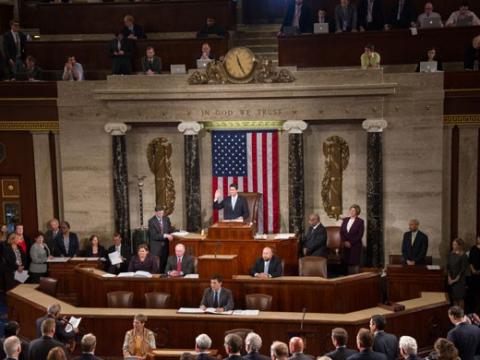
The House Appropriations Committee on Wednesday rejected an amendment to its fiscal 2019 energy and water bill that would have siphoned away certain increased funding for the Yucca Mountain nuclear waste repository and Energy Department environmental cleanup programs.
During…